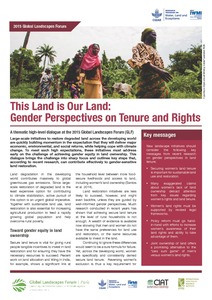The rise of aquaculture: The role of fish in global food security
Appetite for fish continues to expand around the globe, despite the stagnant levels of capture fish production. What is the role that aquaculture can play in supplying the world with adequate animal protein? What lessons can be drawn from dynamic Asian aquaculture producers that might guide emerging fish farmers in Africa and elsewhere?











